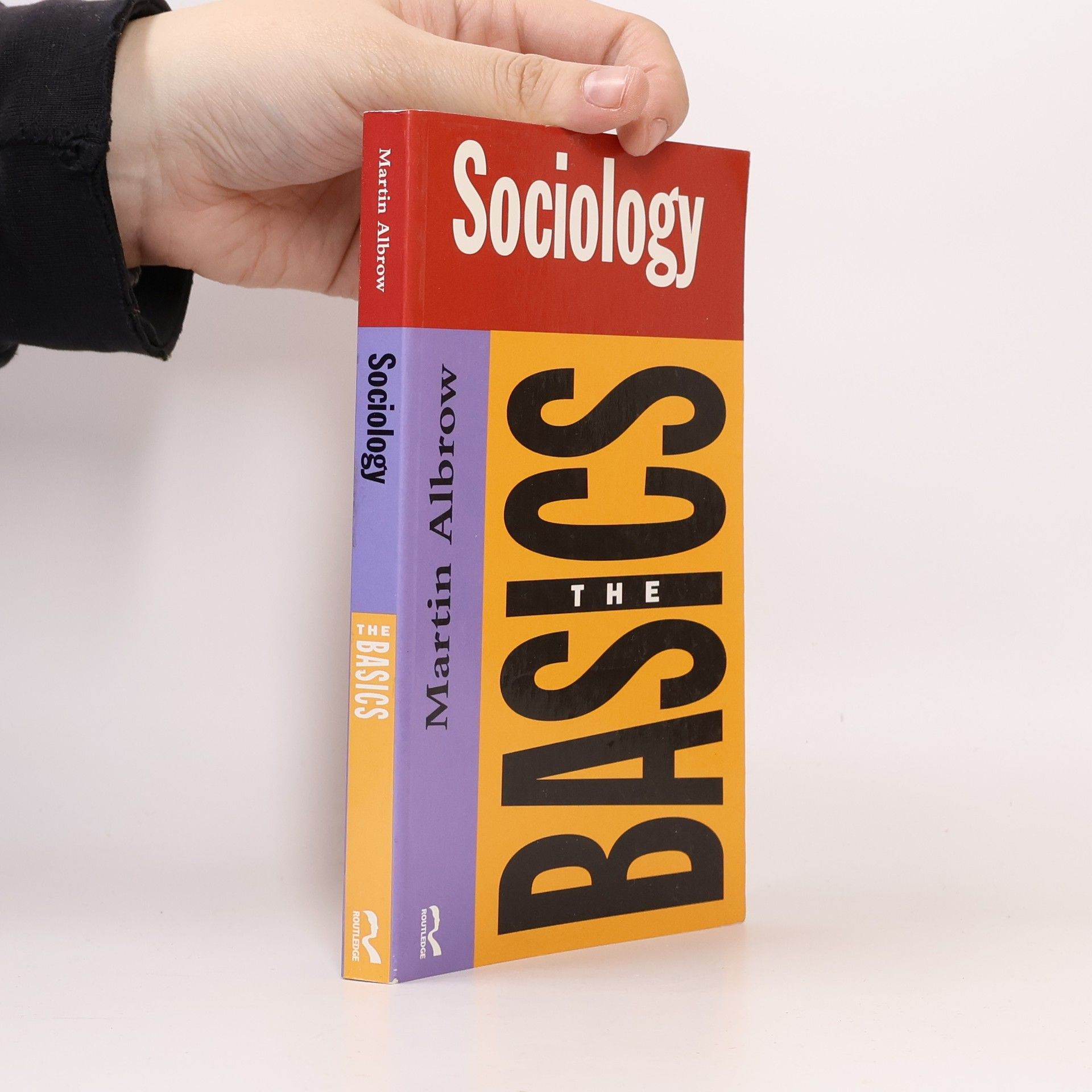Focusing on globalization theory and practice, this volume compiles key works from a renowned British social theorist, reflecting on his extensive academic career. It emphasizes the author's recent explorations of global governance, particularly in relation to China. The collection includes academic papers, speeches, and dialogues addressing significant issues like COVID-19, the Belt and Road Initiative, and poverty alleviation. Through these writings, readers gain insight into China's role in global society and the author's perspectives on its influence and engagement with various sectors.
Martin Albrow Book order (chronological)




Frank Jakubzik, 1965 in Kassel geboren, lebt mit seiner Familie in Mainz. Neben Prosa veröffentlichte er zahlreiche Übersetzungen. In der edition suhrkamp erschien zuletzt sein hoch gelobter Erzählungsband In der mittleren Ebene (es 2707).
This is a book for anyone who wants to know what sociology is and what sociologists do. In a subject which has changed dramatically over the last twenty years, Sociology: The Basics offers the most up to date guide to the major topics and areas of debate. It covers among other things: * sociology and society * laws, morality and science * social relations * power and communication * society in the future * becoming a sociologist. Clearly written, concise and comprehensive, Sociology: The Basics will be an essential text for anyone thinking of studying the subject. Other titles in the Basics series include: Language: the Basics Pb 0415125413 Politics: the Basics Pb 0415102634 Philosophy: the Basics Pb 0415124964
Abschied vom Nationalstaat
- 329 pages
- 12 hours of reading